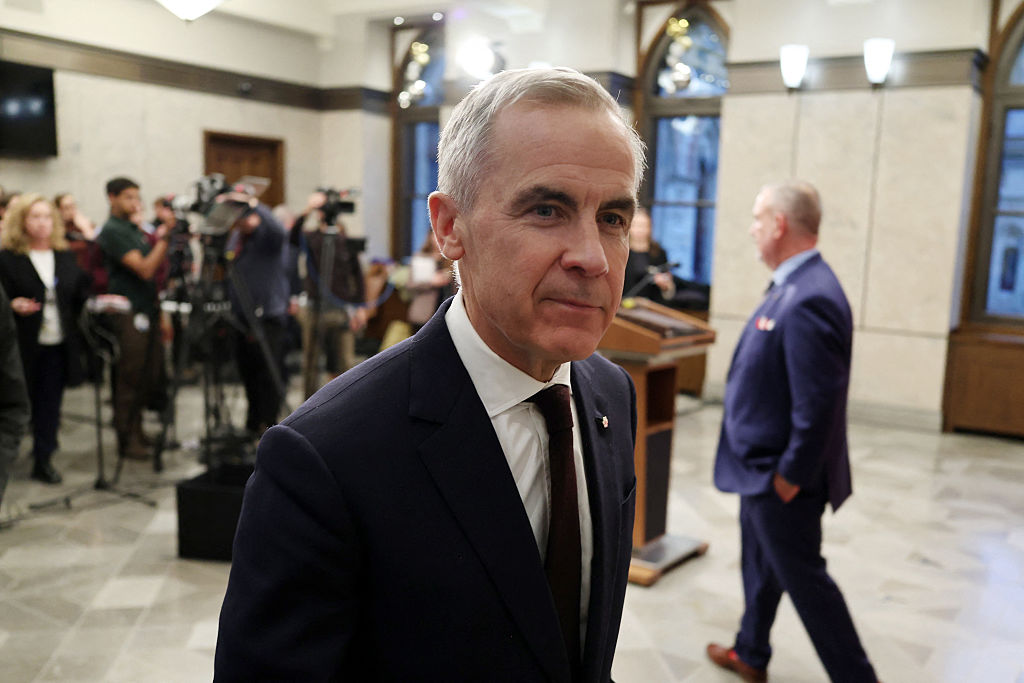Will mortgage rates fall in 2024? 3 signs to look for, according to experts
In mid-December, the average rates on 30-year fixe-rate mortgages fell below 7% for the first time since August, according to December data from Freddie Mac. While the rate drop was welcome news for both home buyers and owners who want to refinance their mortgages, it's still nearly 4% higher than rates were during the same period in 2021.
So, how did we get here? High inflation certainly played a significant role. In an effort to curb inflation, the Federal Reserve has raised interest rates 11 consecutive times since March 2022. Of course, there are other mitigating factors, including rising bond yields, global uncertainty and the overall economic climate.
Many of these economic uncertainties, like inflation and potential interest rate hikes by the Fed, could further impact mortgage rates in 2024. So, keeping an eye on specific economic indicators could help you anticipate the coming mortgage rate changes.
Find out the top mortgage rate offers you could qualify for here.
Will mortgage rates fall in 2024? 3 signs to look for, according to experts
Given the recent drop in mortgage rates, there's hope the trend will continue into the new year. Look out for the following signs that experts say could signal a drop in mortgage rates in 2024.
Monitor the Fed's interest rate moves
While the Fed doesn't directly set mortgage rates, its interest rate decisions do have a ripple effect, and mortgage rates tend to rise and fall in tandem with the federal funds rate. As such, it can be worthwhile to monitor the central bank's policy moves in 2024 to predict which direction mortgage rates will go.
Matt Vernon, the head of consumer lending at Bank of America, says the bank anticipates a mortgage rate reduction in 2024 in line with rate cuts by the Fed. "Analysis from BofA Global Research indicates an initial rate cut by the Fed in June 2024, with subsequent quarterly reductions of 25 basis points, amounting to a total of 75 basis points in 2024 and 100 basis points in 2025," says Vernon.
According to Vernon, the adjustments could occur gradually, possibly beginning later in the year.
Ready to get started? Explore your mortgage loan options here.
Keep an eye on inflation
Another indicator worth watching is inflation, which factors heavily into the Fed's monetary policy decisions. When inflation is down, or there are signs of a slowing economy, the Fed could aim to spur economic activity by lowering interest rates.
"I expect mortgage rates to slowly fall in 2024, as we're seeing inflation fall significantly since its peak of 9% in June 2022," says Glenn Brunker, head of Ally Home. "It's still higher than consumers would like, but we're beginning to see very early indicators on essentials and should expect to feel the relief through next year."
While you can see inflation first-hand when paying at the gas pump or grocery store, it's possible to get a clearer picture by checking the Consumer Price Index (CPI) reports. The CPI tracks inflation by measuring the average year-over-year price changes for goods and services.
Matt Dunbar, the SVP of Southeast Region at Churchill Mortgage, is optimistic about lower mortgage rates and inflation.
"I remain confident the trend of gradually decreasing mortgage rates will maintain its course," says Dunbar. "If future CPI data continues to exhibit positive trends in early 2024, the Fed may consider moderate rate reductions by the latter part of the second quarter."
Watch bond market trends
Mortgage-backed securities (MBSs) are investment products that bundle home loans purchased from other banks. Investment firms market these securities as investment products, but the yield must be high enough to entice investors to buy them.
Government and corporate bonds, on the other hand, compete with MBSs as long-term fixed-income investments, so the money you can earn from these investments tends to impact the yields on MBSs. In short, the overall state of the bond market directly affects how much lenders charge for their mortgages. As such, when bond yields fall, lenders often lower mortgage rates to compete for investors.
Dunbar reminds rate-watchers that world events can also play a role.
"Global economic events can sway investor confidence, affecting the bond market and, in turn, mortgage rates," says Dunbar.
The bottom line
It's impossible to predict with certainty what will happen with mortgage rates in 2024. However, monitoring these key indicators can help you anticipate any rate changes to come.
Also, remember that trends can change in a moment. "It's important to be aware of the possibility of unforeseen developments. It's an evolving economic landscape, and the Fed's strategy will adapt accordingly," Dunbar notes.
Most experts we've talked to believe that even if mortgage rates fall in 2024, they won't return to 2021 levels anytime soon. In the meantime, you may have a couple of options if you're looking to buy a home. Consider purchasing your home now with an eye toward refinancing later and making a larger down payment to reduce your monthly payment.






